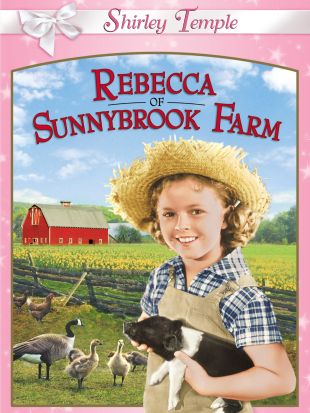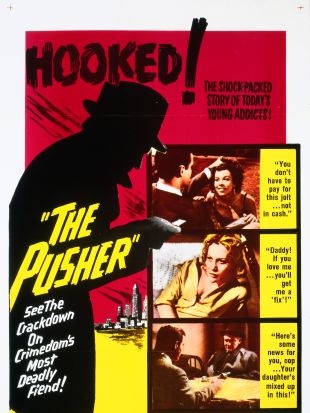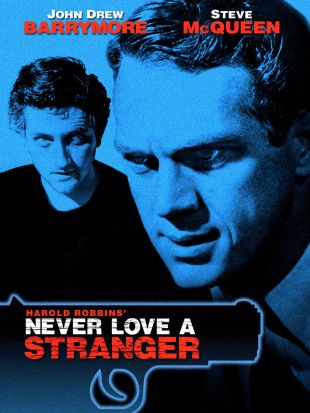Composer, band leader, and visionary inventor, Raymond Scott was a brilliant engineering student who led the very popular Raymond Scott Quintette on CBS radio (1934-1938), a jazzy and quirky novelty group with tunes like Square Dance for Eight Egyptian Mummies. Members of the Quintet made uncredited appearances in Sally, Irene and Mary (1938), Happy Landing (1938), and Nothing Sacred (1937). From 1939-1942, Scott had his own big band, and from 1939 to 1945, he led the first desegregated staff orchestra for CBS. From 1950 to 1957, Scott was music supervisor of the popular TV show Your Hit Parade for which he wrote the closing theme. Warner Bros. bought a catalogue of his tunes in 1943, and musical director Carl Stalling used these for many cartoons although Scott was never credited, nor aware the songs were being used in this way. Scott also composed a Broadway musical, Lute Song.
He was a wildly imaginative inventor: he patented a talking alarm clock, an electric cocktail glass, electronic cigarette case, electronic ash tray, a "psychedelic door bell," an early synthesizer (the Clavivox), and many electronic music devices. In 1946, Scott built his studio (projects for Gillette Razor, Sprite, Ideal Toy, Hostess Twinkies, Motown Records, etc.) called Manhattan Research. In 1948, Scott built "the Karloff," which created effects, such as human voices and the sizzle of frying steak.
Scott's most often quoted tune was the energetic Powerhouse which occurs in Duck Dodgers in the 24 1/2th Century (1953) as Daffy Duck and Porky Pig head for Planet X and encounter the little helmeted Martian. Fragments of the melody are heard in the feature Honey, I Shrunk the Kids (1989, uncredited), and 14 other cartoons including Jumpin' Jupiter (1955) (with Reckless Night on Board an Ocean Liner), I Gopher You (1954), Swooner Crooner (1944), and An Itch in Time (1943).
The sly, wacky little tune The Penguin occurs in the hilarious and surreal Duck Amuck (1953) in which Daffy is at the mercy of constantly changing background scenery and inappropriate sound effects. In Operation: Rabbit (1952), a muted trumpet plays the tune while Wile E. Coyote applies his pressure cooker to a rabbit hole as Bugs Bunny watches. The tune is heard in four other cartoons including Waikiki Wabbit (1943) and Acrobatty Bunny (1946).
Dinner Music for a Pack of Hungry Cannibals is heard in Beep, Beep (1952) as Wile E. Coyote offers a drink of water in the desert to the roadrunner who holds up a sign "roadrunners can't read and don't drink," and it occurs in seven other cartoons.
Haredevil Hare (1948) features Boy Scout in Switzerland as the little Martian calls his "reserves," a green dog, to challenge Bugs Bunny.
Scott's tunes are quoted in 16 other Warner Bros. cartoons and are heard throughout the innovative The Ren and Stimpy Show (1991) television series. Scott scored 12 feature films including Rebecca of Sunnybrook Farm (1938) and The Trouble With Harry (1955). Scott himself appeared on The Bell Telephone Hour in the episode "Designs in Music" (12/8/1961).


